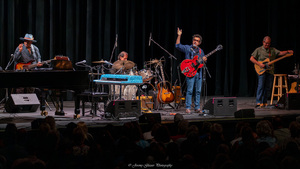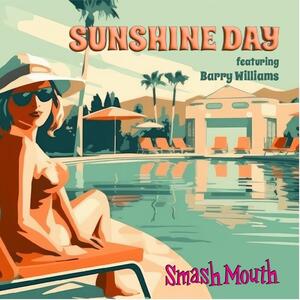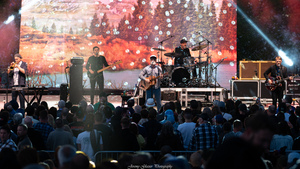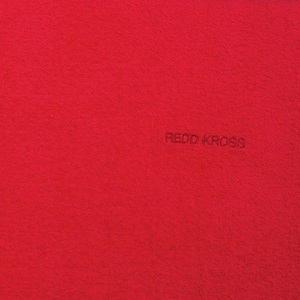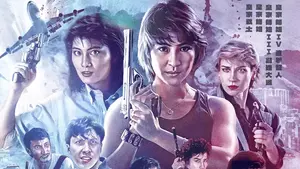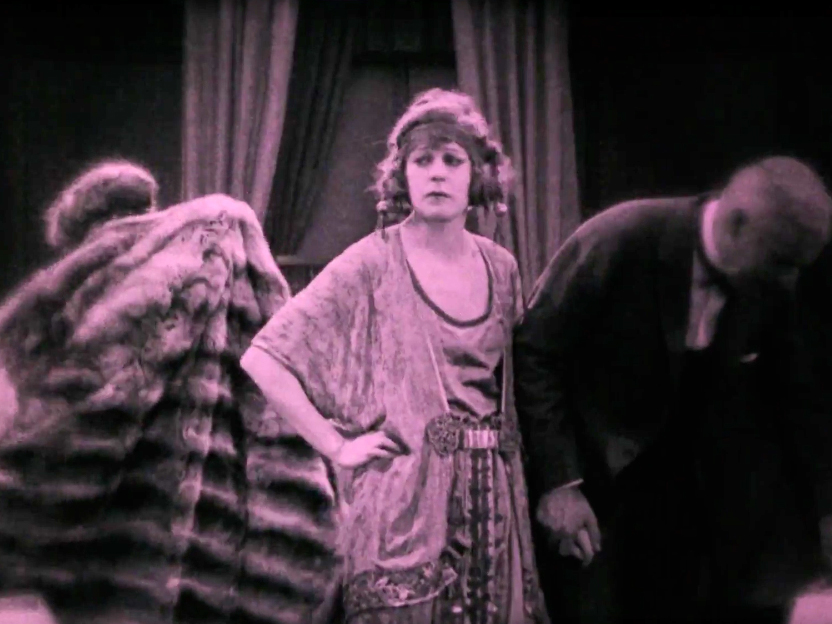
Frank Borzage: 1922 Silents
Back Pay & The Valley of Silent Men
directed by Frank Borzage
starring Seena Owen, Lew Cody
Undercrank Productions
If asked who won the first Academy Award for direction, one might sift through a lot of names before landing on Frank Borzage. The shame of it is he is not just a bit of “first” trivia but actually won two gold statuettes, first for the 1927 romance silent 7th Heaven and again for the 1931 pre-code talkie Bad Girl. Borzage had a long and distinguished career behind the camera that began in 1913 and ran until 1961. Borzage directed five feature films in 1922 alone, and two of them, Back Pay and The Valley of Silent Men, have been saved and restored by the Library of Congress and released on DVD by Undercrank Productions.
Back Pay, based on a short story by Fannie Hurst, who is best known for her novel Imitation of Life, which has been twice adapted for the screen. In her day, Hurst was so popular that some 30 films were made based on her work. Hester Bevins (Seena Owens) is a small town girl dreaming of high life amongst the smart set in Manhattan — dreams which don’t include her goodhearted department store boyfriend Jerry (Matt Moore). Hester heads east and soon is living the pampered life as the kept woman of a wealthy investment banker. Hester is so brazen in her desire for material wealth that she is a difficult character to relate to or root for, and Jerry, her would-be suitor, feels like a sap, carrying a torch for the girl who held him in such contempt. When Jerry returns a hero from WWI, but blinded and dying, Hester decides to marry him to bring him comfort in his final days. Her days nursing Jerry give Hester an epiphany of her vapid life, and she decides to live an honest, if less glamorous, life.
Long forgotten now, there was a multi-decade fad of novels and films inspired by the Canadian North-West Mounted Police. Before being parodied in Jay Ward’s cartoon Dudley Do Right, the exploits of the brave and noble crimson uniformed officers aboard their trusty steeds thundered across pages of popular novels and movie screens in the first decades of the 20th century. In 1922 prolific screenwriter John Lynch adapted James Oliver Curwood’s novel The Valley of Silent Men for the screen. Curwood was one of the most popular writers of his day with numerous books and stories made into films.
The Valley of Silent Men finds the courageous Corporal James Kent (Lew Cody) signing a deathbed confession to a murder he didn’t commit in order to spare his friend who was framed for the killing. As luck would have it, Kent is not days from death’s door and in fact makes a full recovery. But instead of joy, Kent fears for his life as his commanding officer intends to use Kent’s confession against him. While awaiting extradition, the mysterious Marette (Alma Rubens) arrives at the mountie camp and springs Kent, and the two soon fall in love on their perilous journey to the titular Valley of Silent Men where they can live a simple but happy life free from the machinations of the outside world.
Back Pay and The Valley of Silent Men work in radically different genres (melodrama & western) and would appear to have little in common; they share some interesting thematic and visual parallels. Both stories feature deathbed decisions which turn out to be life-altering events, both films show considerable restraint in stories that tend toward the bombastic, and both films utilize striking visuals in a variety of scenic location shoots. Back Pay’s view of New York City is entirely set in cramped indoor sets, while Hester’s small town roots, filmed by cameraman John Lynch in rural Pennsylvania and New Jersey, feature rolling hills and lush covered mountains of Canada. In The Valley of Silent Men, nature is as much a foe for Kent and Marette as the intrepid Mounties chasing them across the rapids and glaciers. The scenic beauty is comparable to Ansel Adams’ photographs and remains striking a century later.
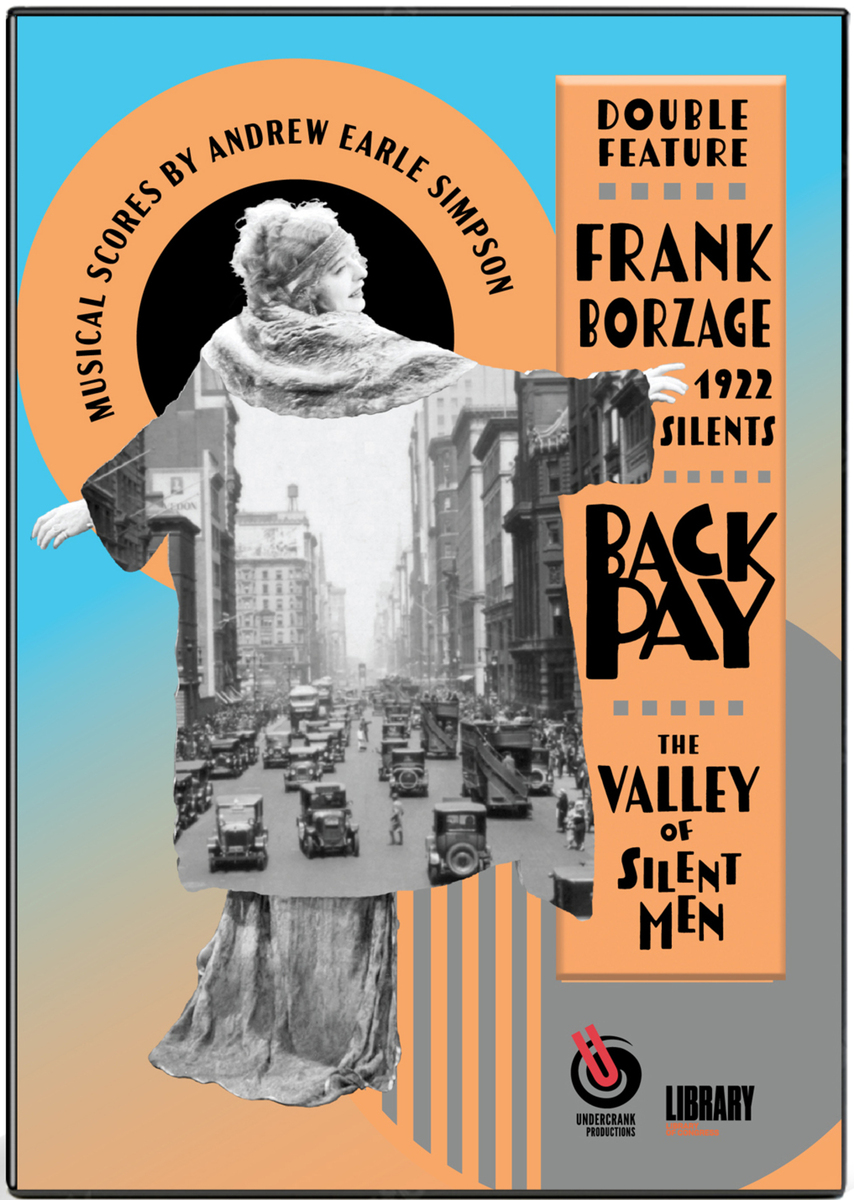
Back Pay and The Valley of Silent Men have recently been released on DVD/Blu-ray by Undercrank Productions. Both films boast 2k scans from the Library of Congress. Back Pay appears to be complete, and The Valley of Silent Men is missing a fairly major set piece in the middle of the film that has been reconstructed with new title cards and still images. Both films look gorgeous and feature stirring musical scores written and performed by Andrew Earle Simpson. The disc also features selectable pop-up text info on both films and a short video essay A Turning Point: Borzage at Cosmopolitan.
The disc is a winner, showcasing a great directorial talent flexing his visual style and considerable range as a storyteller at the height of silent cinema.


